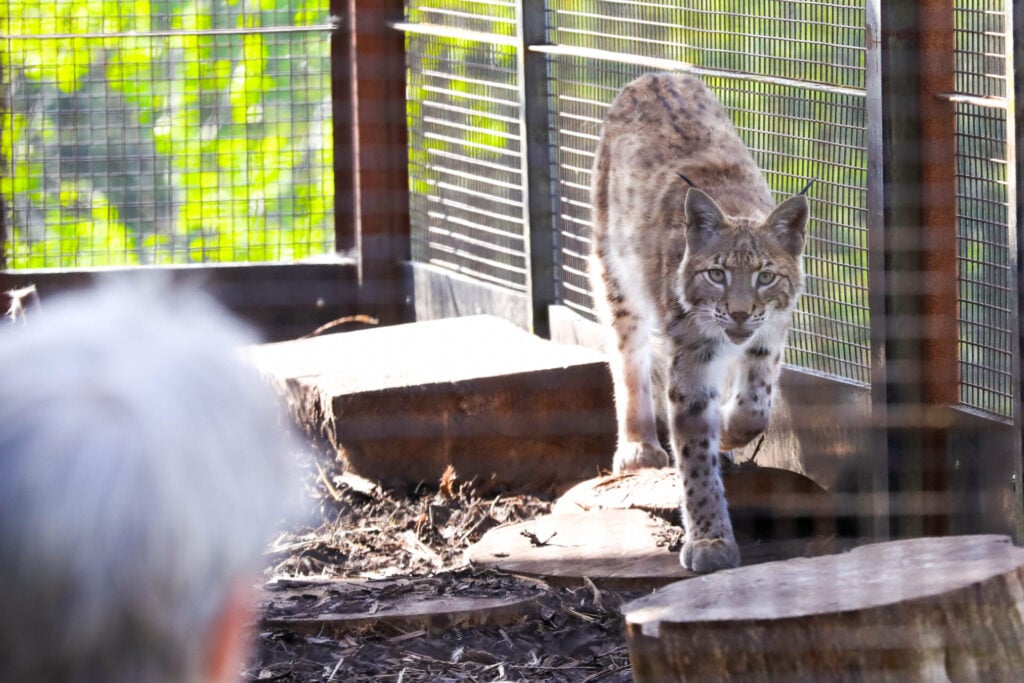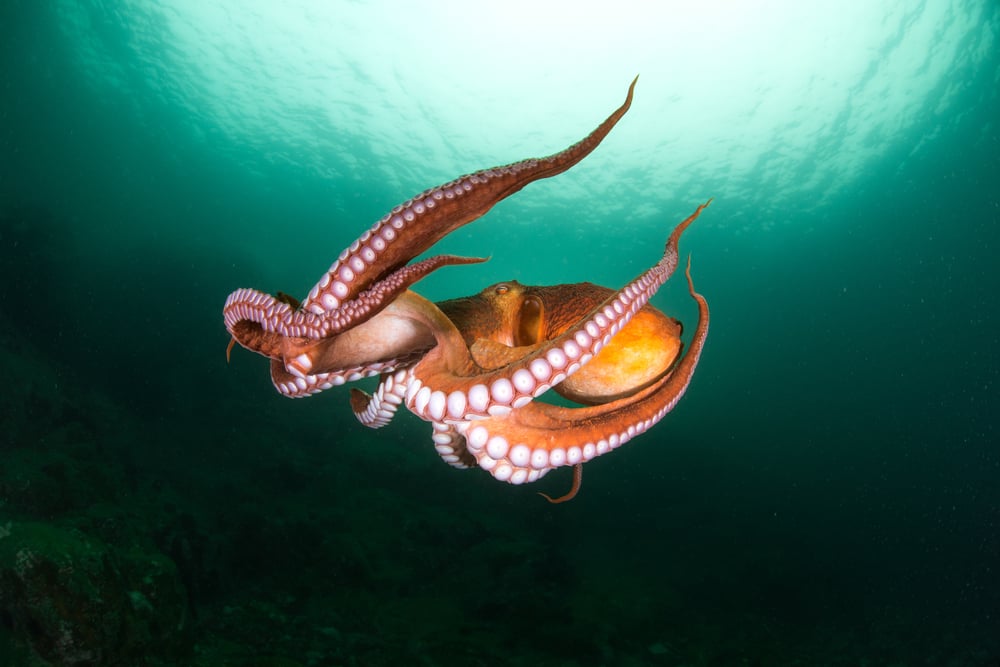Rats are being deployed in the fight against endangered wildlife trafficking, with rodents trained to sniff out pangolin scales, rhino horns, elephant tusks as well as hardwood.
Researchers at APOPO, a Tanzania-based NGO, have trained the African giant pouched rats to sniff out contraband, even when it is hidden among items commonly used to hide trafficked goods, including peanuts, leaves and washing powder.
The rats have been trained by scientist to also sniff out landmines and tuberculosis as well as detecting human bodies left under rubble caused by collapsed buildings.
The Wildlife Detection team, based in Morogoro, Tanzania, currently have eight trained rats.
Five of the rats are just one year old, but are already fully proficient in their skills to detect hidden pangolin scales and other wildlife products. These young rats work alongside the older ones in various environments, including open shipping containers and warehouses, attached to long leashes.

The illegal wildlife trade (IWT) in flora and fauna is considered the fourth largest transnational crime economy, estimated to be worth between $7–23 billion annually.
The trade is fuelled by the trafficking of animals like pangolins, elephants, and rhinos, whose products are in demand for luxury, traditional, and medicinal uses.
Pangolins are distinguished by their unique scales, which are highly valued in traditional Asian medicine, making them the most trafficked mammals globally. The illegal wildlife trade has led to their endangered status – some species critically -highlighting the urgent need for targeted conservation efforts.
IWT is also closely linked to crimes such as money laundering, corruption, and simultaneous trafficking of drugs, weapons, and humans
Ratting out wildlife trafficking
Traditional methods of detecting trafficked wildlife include X-ray scanners at ports, but these can be costly and limited. Scent-detection animals, like trained dogs, offer a promising alternative but come with high training costs and logistical challenges.
Now, sniffer rats are emerging as a flexible, cost-effective solution for combating IWT, able to detect hidden wildlife products in shipping containers and other hard-to-access areas.
The rats – Kirsty, Marty, Attenborough, Irwin, Betty, Teddy, Ivory, Ebony, Desmond, Thoreau, and Fossey; some of them named after conversationalists and advocates against wildlife trafficking – underwent several training stages.
The animals were initially rewarded with a flavoured rodent pellets if they held their nose for three seconds over a sample of pangolin scale, wood, rhino horn or elephant ivory.

In simulations, the animals were dressed in tiny red vests attached to leashes, with a bell attached to the front so they could use their front paws to alert their handlers when they found contraband – for which they would receive another reward of food.
Project leader Dr. Isabelle Szott said: ‘In just three years, our rats have progressed from working only in laboratory settings to detecting wildlife across four methods and environments. This highlights their versatility and the skill and dedication of our trainers and researchers.’
The rats were able to perfectly detect pangolin, wood and rhino horn after eight months of not smelling them, according to APOPO’s study, which was published in the journal Frontiers in Conservation Science.

‘Our study shows that we can train African giant pouched rats to detect illegally trafficked wildlife, even when it has been concealed among other substances,’ said Dr Szott.
‘The rats also continued to detect the wildlife targets after not encountering that species for a long period,’ added first co-author Dr Kate Webb, an assistant professor at Duke University.
The researchers said this suggested that rats could remember smells for as long as sniffer dogs.
In 2023, the rats were also put to the test in a real-world simulation in the port of Dar es Salaam, Tanzania’s commercial capital, where they found 85 per cent of planted illegal wildlife samples, even through vents in shipping containers.
‘Existing screening tools are expensive and time intensive and there is an urgent need to increase cargo screening. APOPO’s rats are cost-efficient scent detection tools. They can easily access tight spaces like cargo in packed shipping containers or be lifted up high to screen the ventilation systems of sealed containers,’ Dr. Szott explained.
By the end of the training, eight rats were able to identify four commonly smuggled wildlife species among 146 non-target substances.














